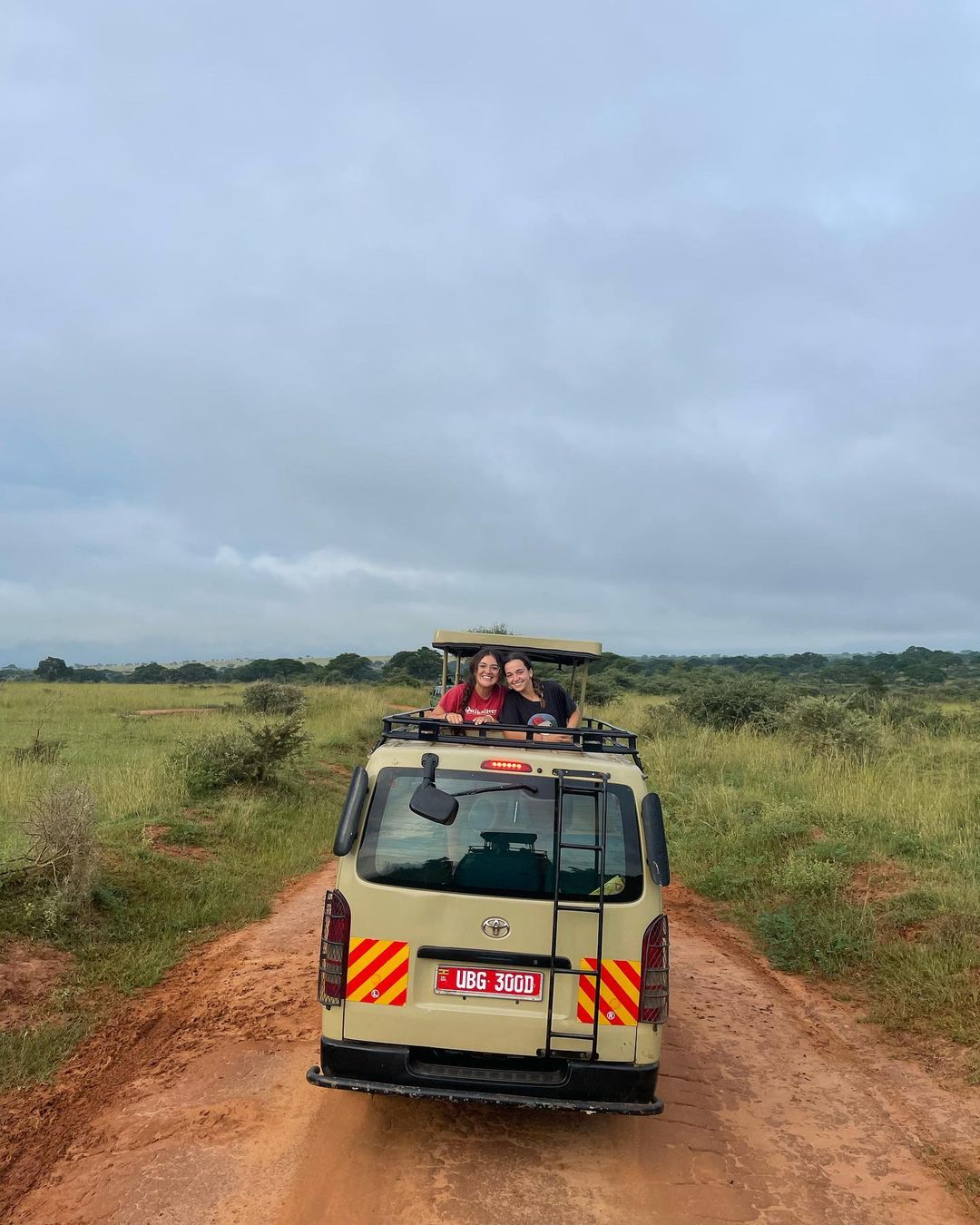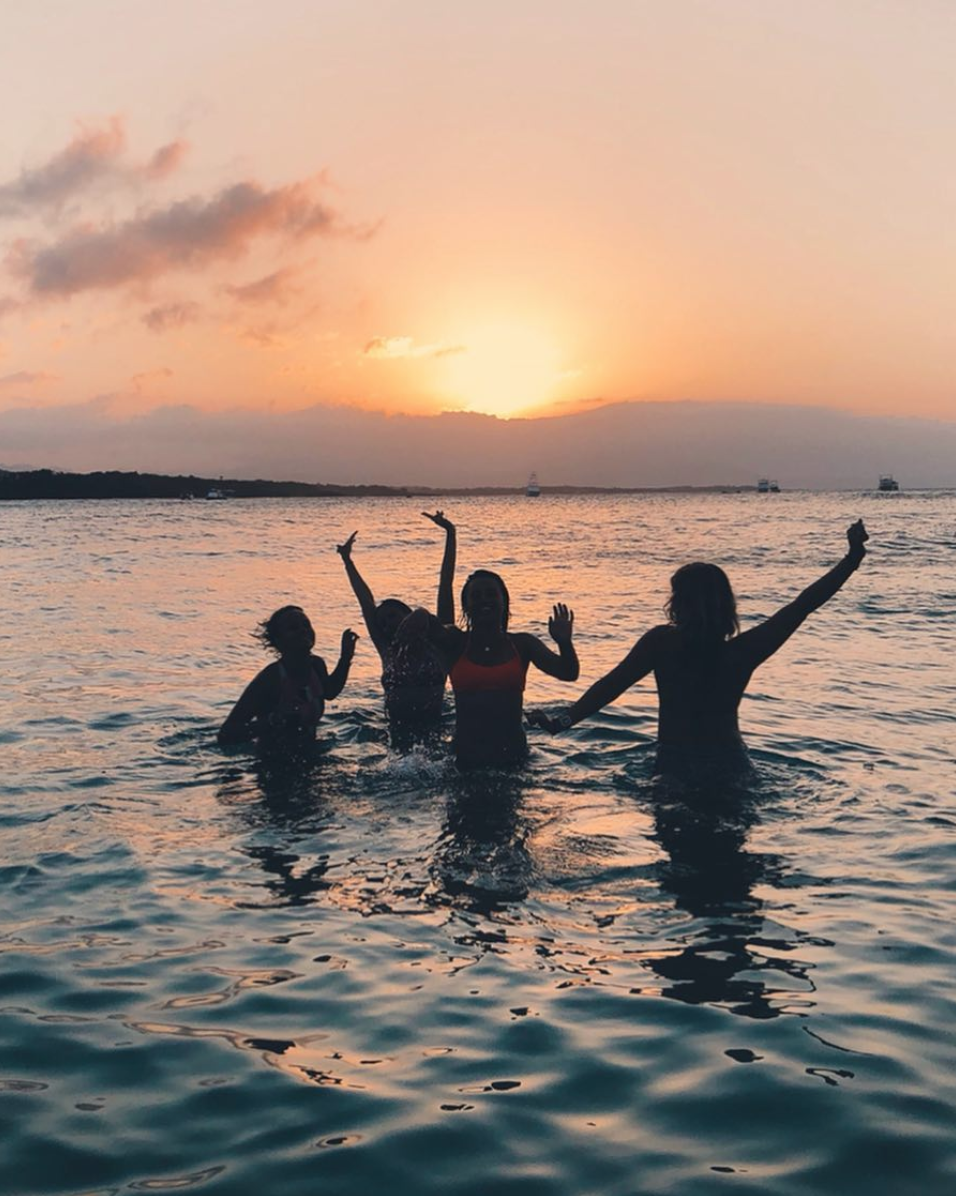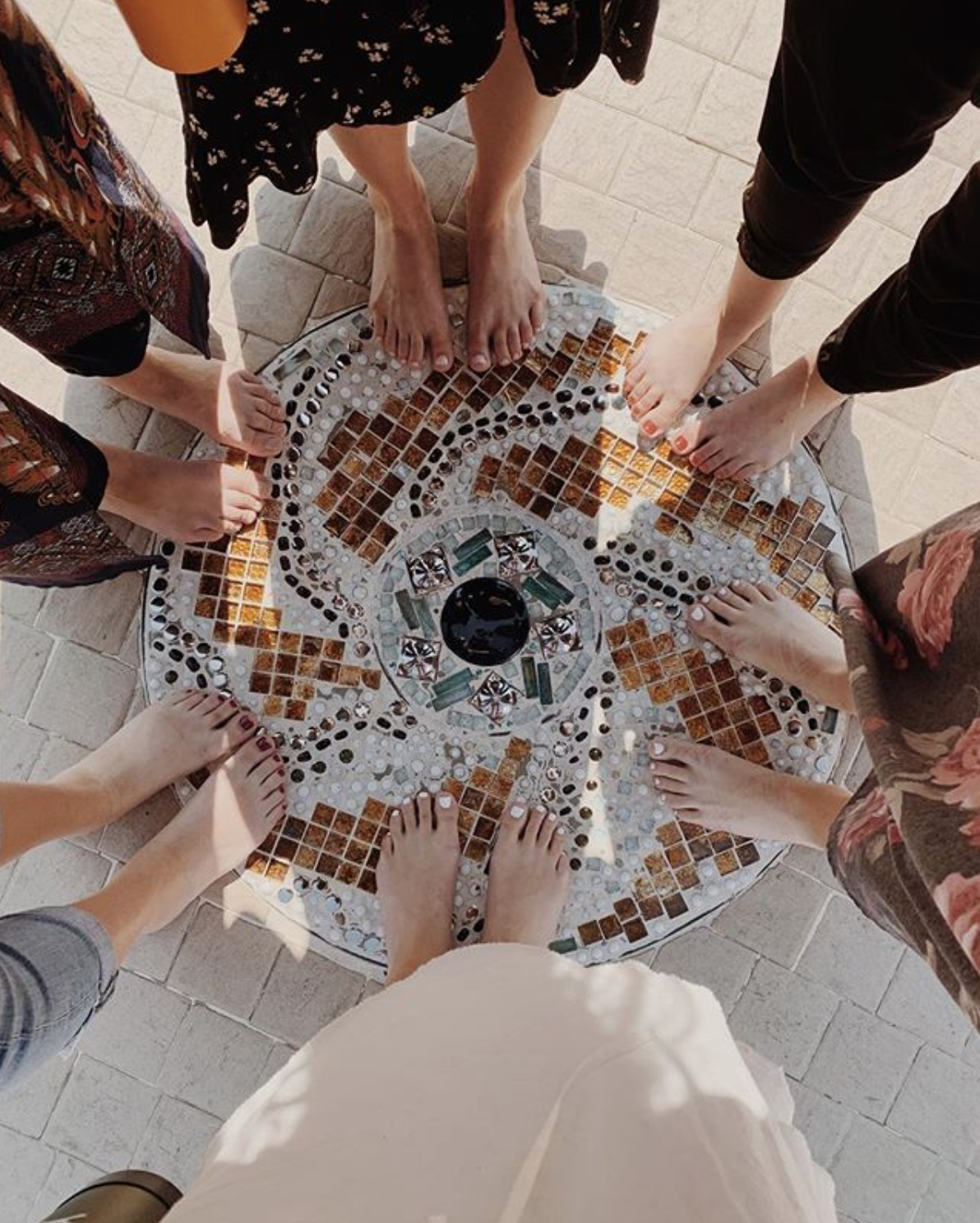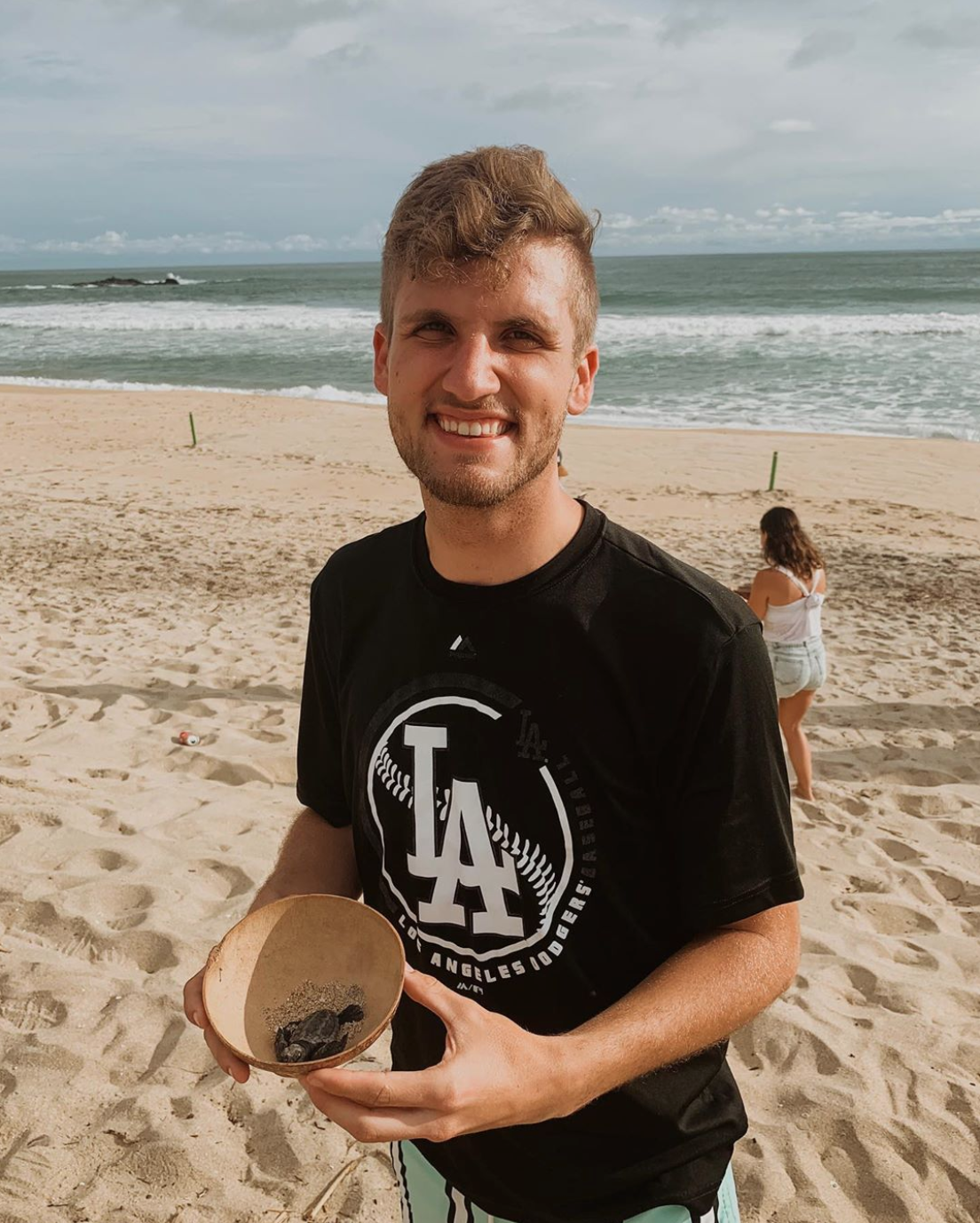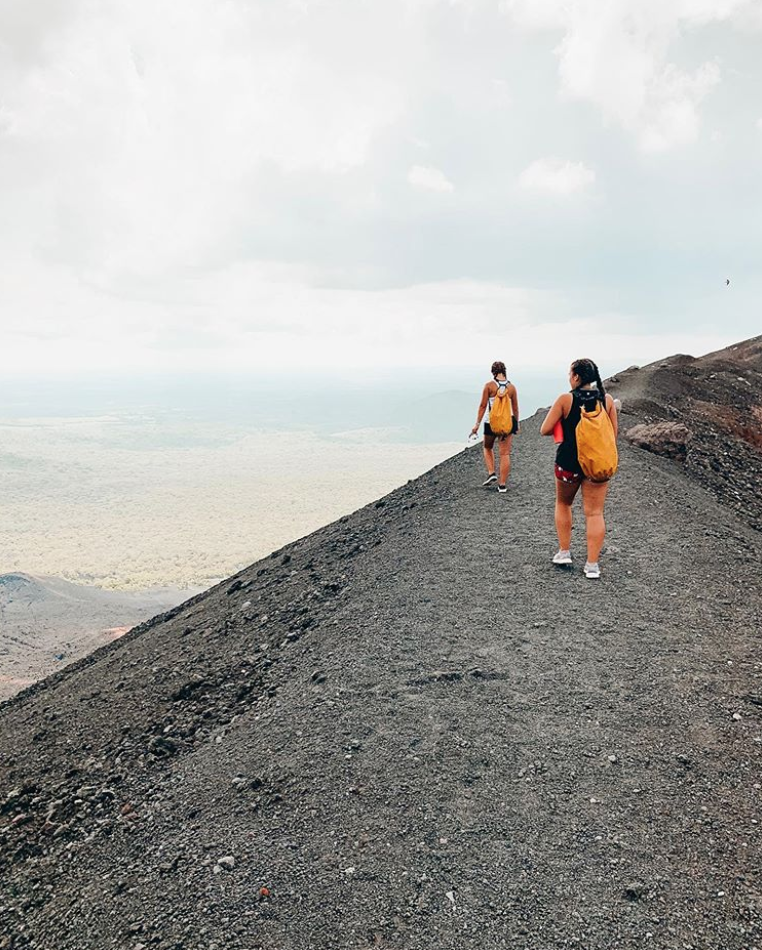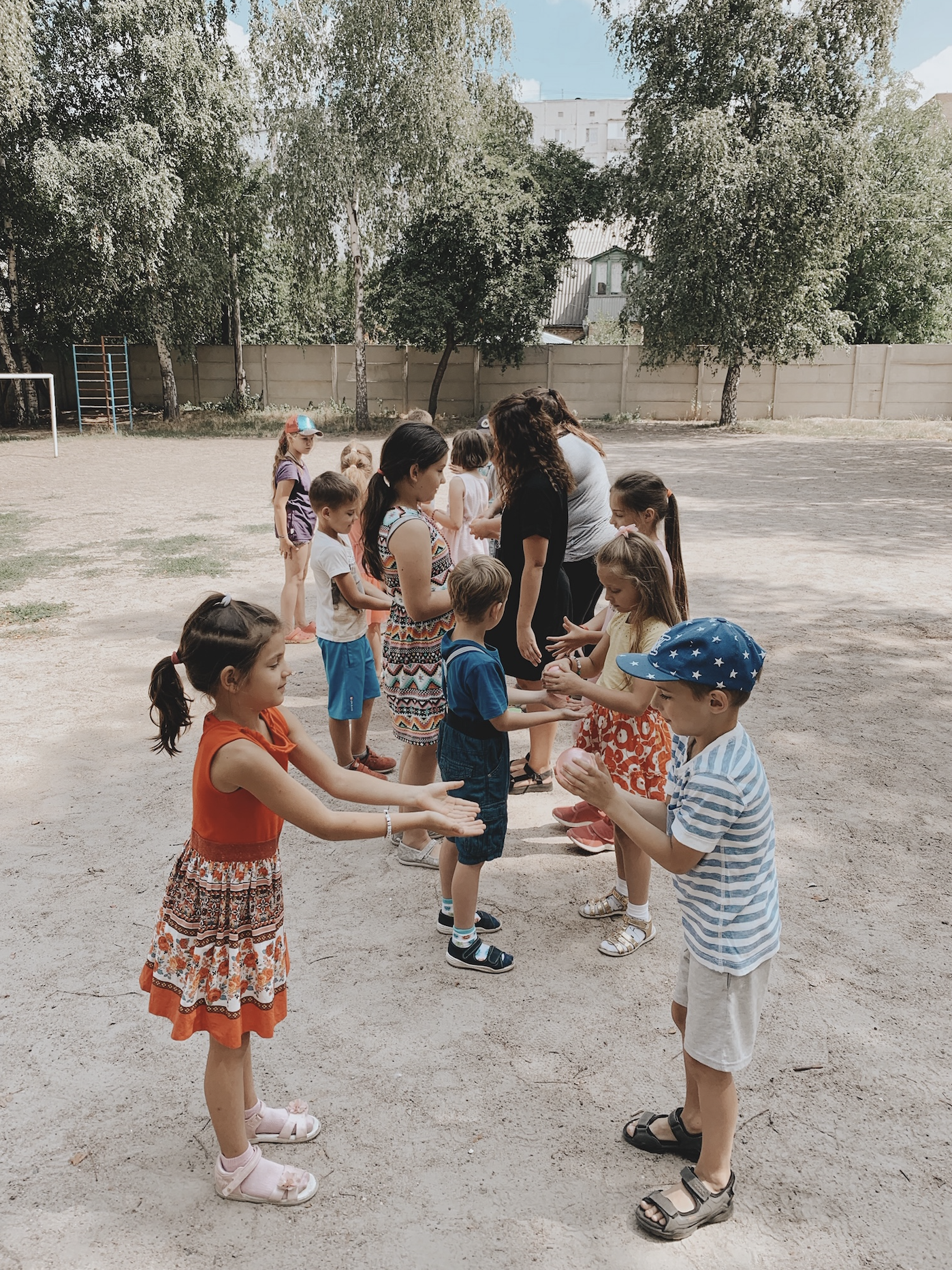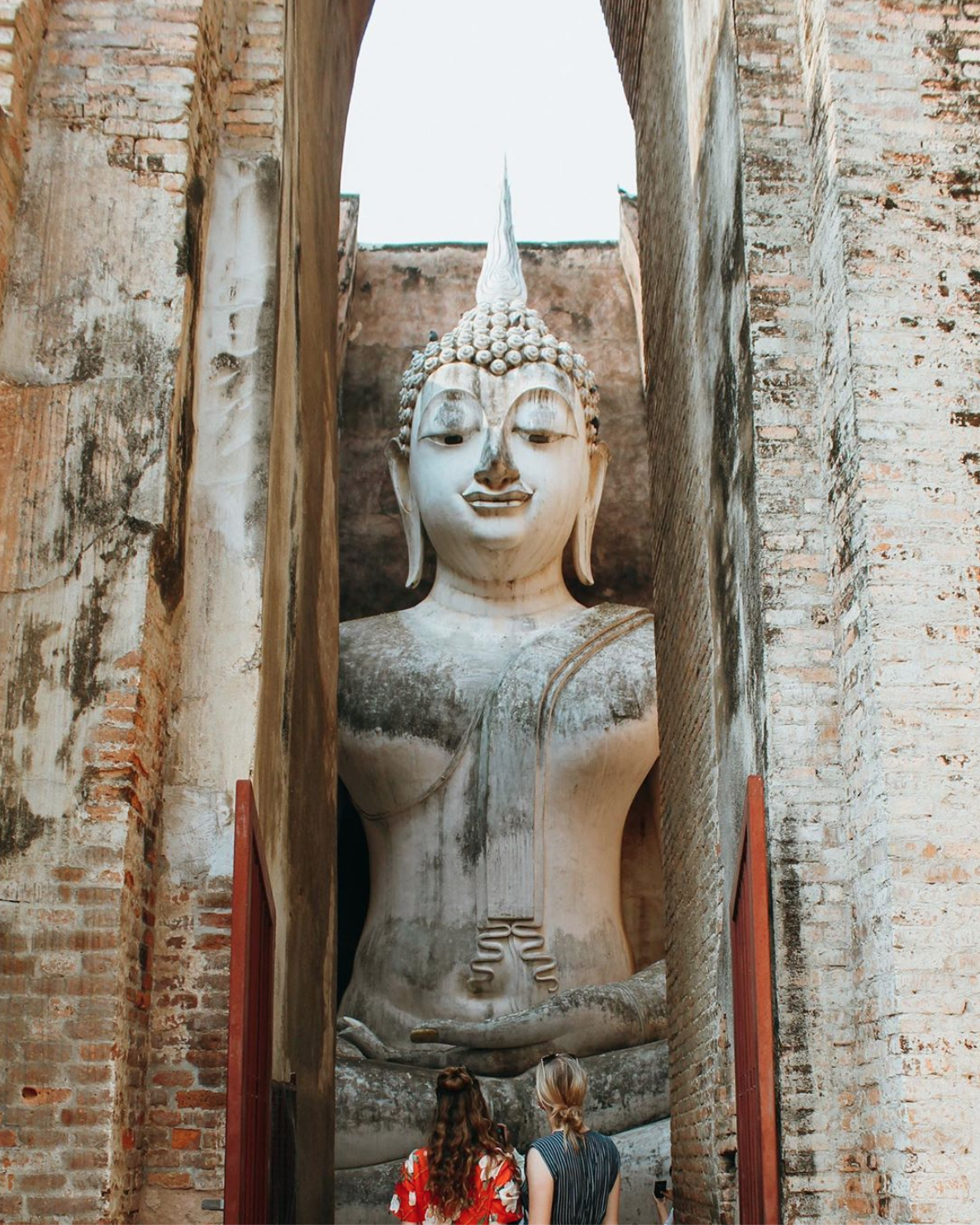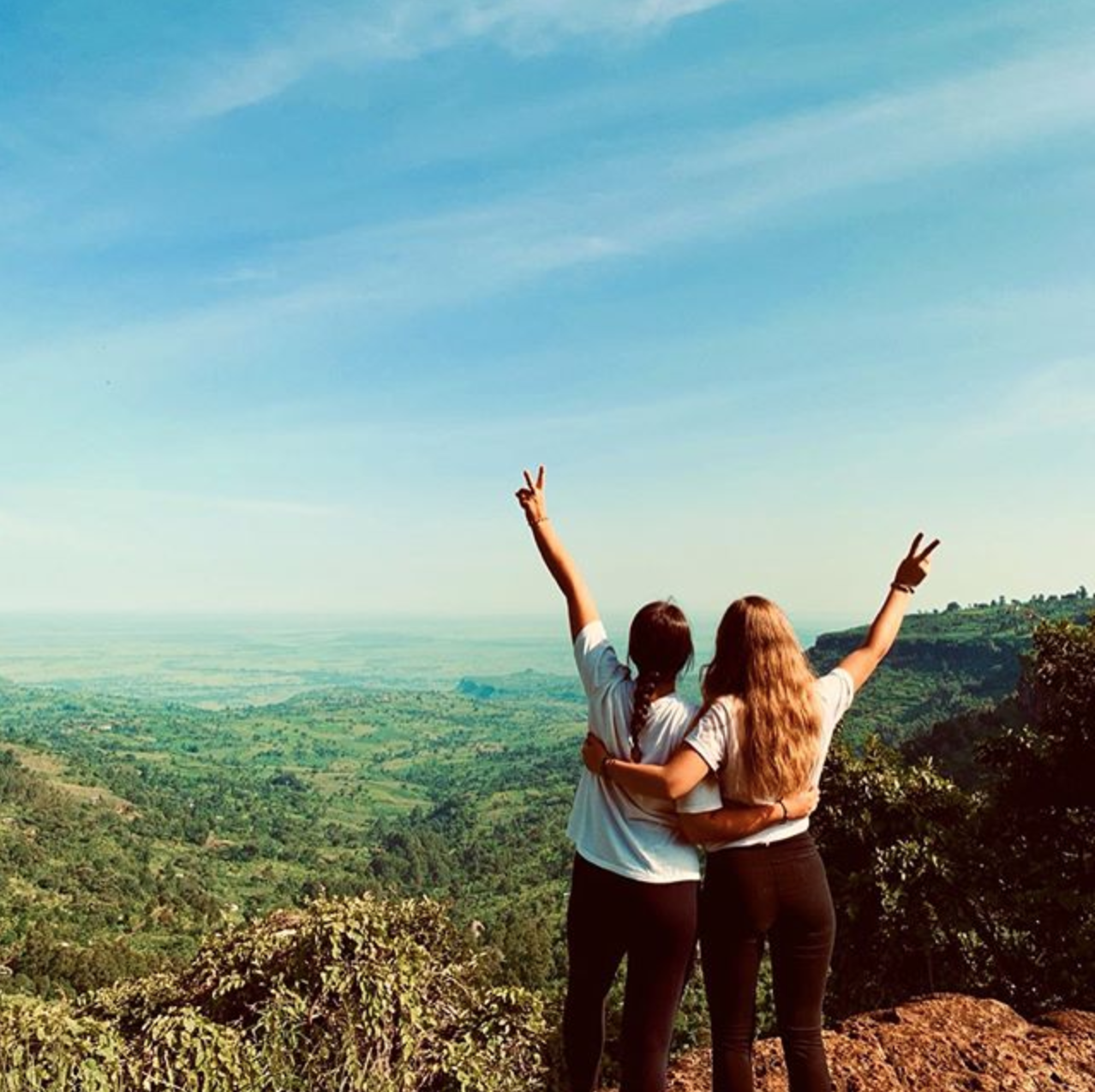
Curious about what a semester abroad in Africa would be like? Bryn's here to spill the beans and answer your questions!
We asked if Bryn, who taught in Uganda in 2019, would be willing to answer some of the questions future volunteers are dying to ask. And she gave an enthusiastic yes! She has so many experiences and stories about the kids, as well as navigating the language barrier and living in a new culture. Plus she even has tips on affording it all.
We keep costs as low as we can for your semester abroad
Plus here's lots of ways other volunteers have afforded it!
Talking to Bryn makes me so excited for the volunteers that will get the opportunity to go to this rad country.
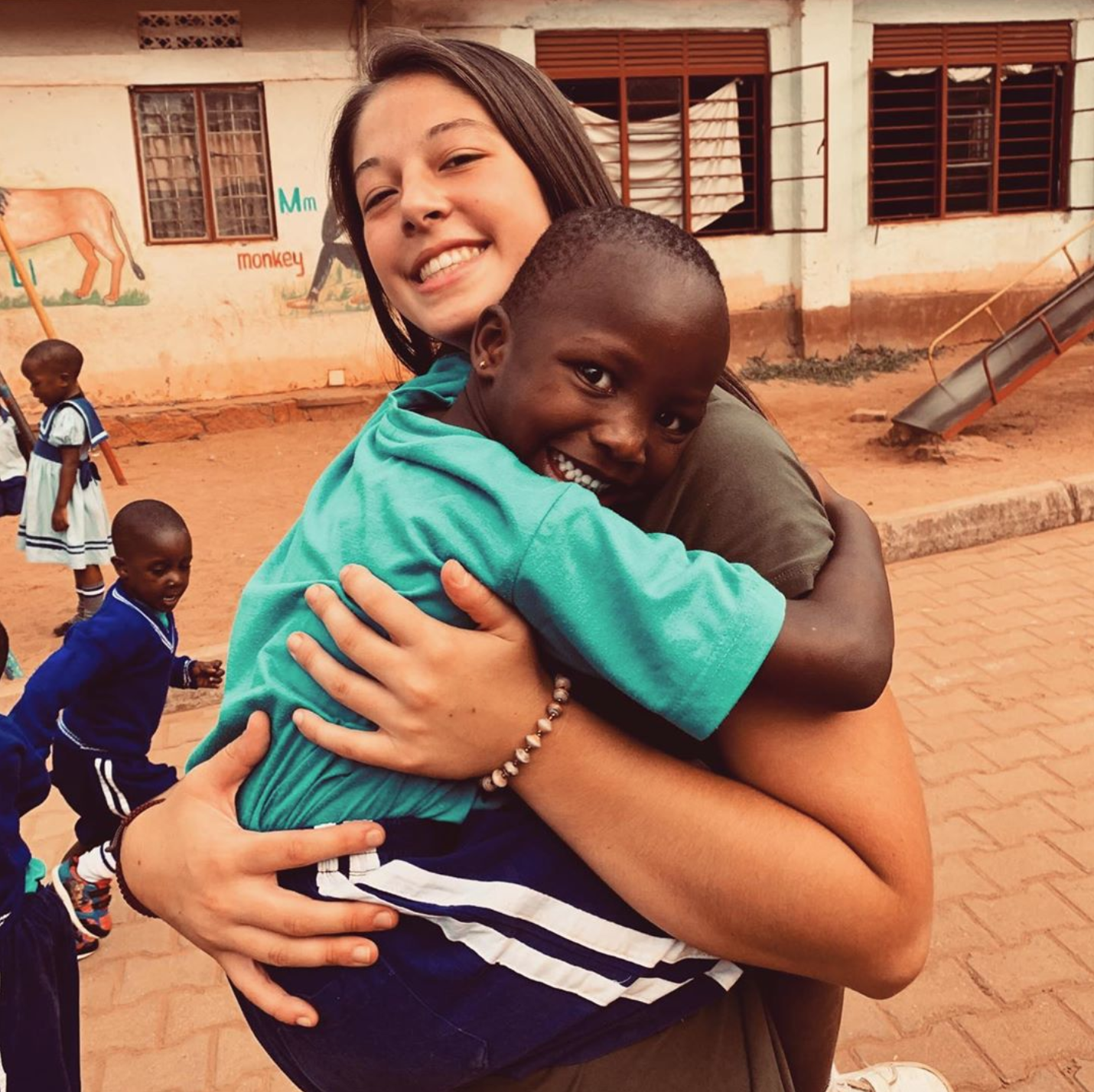
What was teaching actually like compared to what you thought it would be?
In my head I think I was expecting *some* craziness, but for some reason I definitely imagined them sitting in their chairs, facing forward, and being attentive (at least most of the time). My reality was pretty different from that. Yes, the kids were excited and interested in my lesson (at least I like to tell myself that), but they certainly weren’t as dialed in as I had hoped. There was a lot of hitting each other, unwanted classroom “renovations,” crying, and arguments. But, there were also calmer moments when they were listening, smiling, and miraculously keeping their hands to themselves. I quickly learned that each teaching day brought a mix of both the chaos and the quiet—and I learned to appreciate both!
Tell me about what your schedule looked like on an average day?
An average day would be arriving at the school early in the morning and then having the kids line up at the courtyard in front of their homeroom teachers for Opening. Then we’d lead them one group at a time to our classrooms and start our lessons! Every 25 minutes we’d switch with the other two teachers in our section, and then we had a break in between the Middle and Top classes. The teachers would all sit together in one of the rooms and try (in vain) to keep the door shut while the kids ran around with their snacks and squirting juice at each other (and us). Then we’d repeat with the age group we hadn’t taught yet—the order of which depended on the day of the week. At the end of the day, we’d lead them out and line them up for closing, and then the bus would come and they’d rush to grab their backpacks and run out and play on the playground before being shuffled onto the bus home by the Ugandan teachers. That was my favorite part of the day: picking my kiddos up and spinning them around in the courtyard and then walking home for lunch back at the compound.
What was your experience like regarding the language barrier?
They speak English! The kids speak their local dialect as their first language (depends on the region) but English is extremely common. It certainly benefits those who learn it because there are more jobs available for those who are familiar with more languages. But there are many who don’t speak it, so their kids won’t learn it unless they have English class at school. That’s where we come in.
What were some of your favorite parts about teaching?
My favorite part about teaching the kids was their energy. They LOVE to greet you and welcome you back to school, whether you’ve been there for a week or two months. All they want is to get you in a classroom so they can have you all to themselves and make something fun together. There were days when I loved being dragged across the courtyard by my students before class began, and there were days where I dreaded it a bit. But I had to remind myself that at the heart of it all, they’re just kids. And kids are universally crazy sometimes.
What was your experience with the African culture?
Every Friday they had an assembly that the Ugandan teachers would lead, and each song had its own dance. The kids knew all of them. Sometimes I’d have them teach me their dances in class if I couldn’t get them to pay attention—they LOVE dancing and performing for their teachers. They even practiced and sang a goodbye song to us as we were leaving the school for the last time :(
What are some things you learned?
The most important thing I learned about these kids as I taught them was that they just need love. Often, school becomes a space for them to escape their everyday lives and run around with their friends, rather than just a place of learning. It’s somewhere they can expel their energy—and that “somewhere” may unfortunately be your classroom at times. But at the end of the day, they are smart kids and just need to be shown who’s boss—but more importantly, they need to know that you care about them. And I promise they’ll care a lot more about listening to you if you prove that YOU care about them :) Truly, I think my kids taught me a lot more than I taught them.
What makes Uganda unique versus going to other countries on the program?
I’ve only done ILP once so far but would love to go again and head teach. But I have traveled quite a bit, and what I feel like what separates Africa from the rest of the programs is the people. They are so vibrant, energetic, resourceful, and kind. I felt really welcomed and appreciated by the crew and the teachers at the school. Their energy is infectious and they take time to value the little things, which served as a great reminder for me to be more grateful for what I have so readily available in my own home. Not to mention the fact that it is absolutely stunning there! I have never seen so much natural beauty and impressive wildlife before and I miss it more than I can say.
How were you able to afford going on the program?
My parents were willing to help out, but I also loved fundraising for it, which helped cover a solid amount of the cost. Get creative with it! People love to give to a good cause and ILP is no exception. I also accepted school supply donations from friends, neighbors, and ward members, so that helped with the extra costs as well. I’d say you’re willing to work hard to raise the money yourself and ask for help from others, it’s definitely doable! While the trip itself wasn’t exactly a cheap one, it was worth every penny and I’m not sorry I spent the money to have the experience.
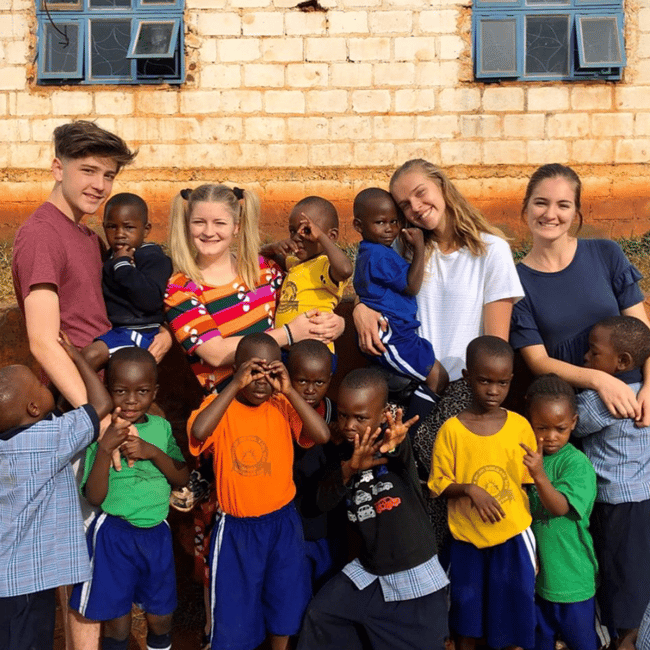
It is nice to get an inside scoop on what to expect in Uganda, especially if you've never been with ILP before. As an alumni myself, I can relate to much of what Bryn spoke about because of my experience teaching in Mexico. Whether you are teaching kids in Ukraine, Vanuatu, or Uganda there will be many similarities. You will have a lot of the same type of fun and also a lot of the same difficulties. There are individual challenges and struggles that are unique to each location as well. Uganda was unique to Bryn because of the culture and people whereas volunteering in other places may be differentiated by the food, or the landscape.
I love how Bryn was very real when she shared her experience with me. It can be hard to teach some days but it is so rewarding and Bryn says is "worth every penny".
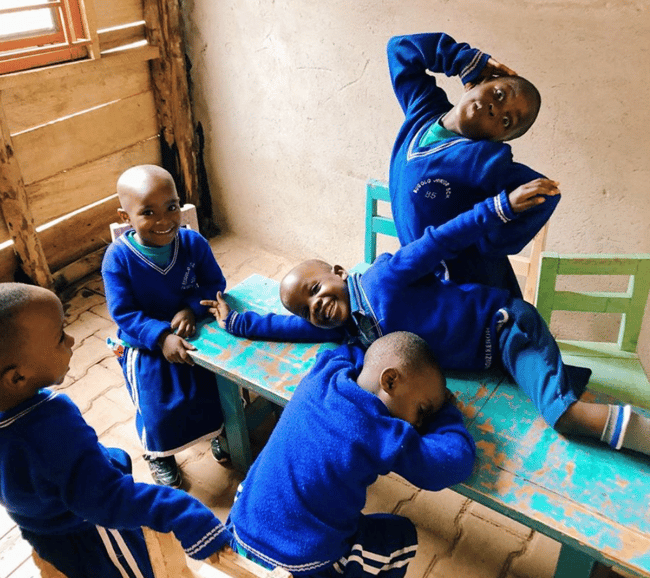
You're not ready to depart until you have this
ILP has a selection of cool sweatshirts and t-shirts that you can wear either on the program or just to keep as a souvenir. I had a fun experience when I was sporting my cute pink ILP shirt in the grocery store. I spotted another girl wearing an ILP shirt and I couldn't help but stop to talk. I felt like I was talking to a long lost friend. We shared stories and laughed about the funny things our kids said places we got to travel. That random stranger became my friend because we had an ILP connection and I have still cherished my shirt years after being on the program.


